- Over 200 IDPs in Ponnagyun struggle without shelter, food aid
- Junta airstrikes inflict deep psychological trauma on children in Arakan State
- Photo News: Over 200 IDPs in Ponnagyun in urgent need of shelter assistance
- Two children injured by UXO in Mrauk-U struggle to afford medical care
- High hepatitis cases hit children in Arakan State
Arakan State political parties struggle to comply with junta’s registration law
The party has recruited the minimum number of party members as required by the law, but has had difficulties opening party offices.
30 Aug 2023
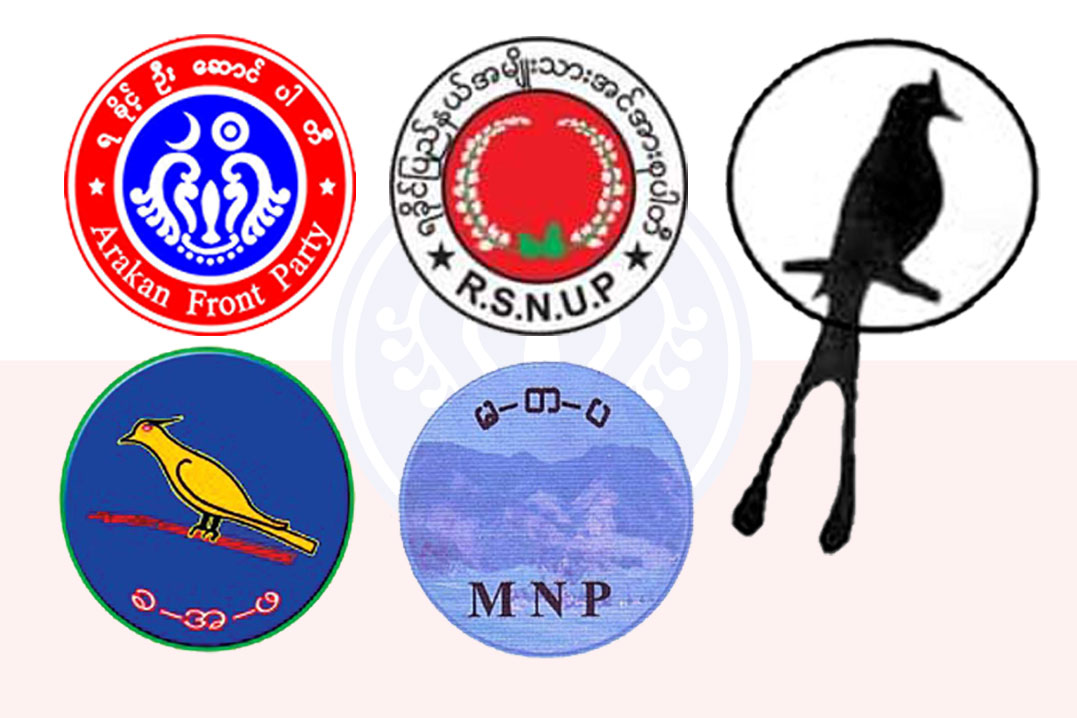
DMG Newsroom
30 August 2023, Sittwe
A total of 63 political parties across the country have applied for registration to run in junta-proposed elections. The junta-appointed Union Election Commission had approved the registrations of 36 parties as of August 30.
Six parties based in Arakan State have applied for registration with the UEC. The Arakan National Party and five smaller parties — Arakan Front Party, Rakhine National Unity Party, Khami National Development Party, Mro Ethnic Party and Mro National Development Party — have had their registrations approved by the UEC.
The law requires parties to re-register with the junta’s UEC or be disbanded. Under the law, parties running nationally must recruit at least 100,000 members within 90 days of registration and have offices in at least half of Myanmar’s 330 townships within six months. They must also deposit 100 million kyats with a state-owned bank.
Parties contesting only in a specific region or state are required to recruit 1,000 members, and deposit 10 million kyats.
The Mro Ethnic Party plans to open its head office in Buthidaung, and branch offices in Ponnagyun, Kyauktaw and Maungdaw townships, a party official told DMG.
“We have told the UEC that the majority of our tribe do not live in urban areas, that we can therefore only open township offices in rural areas,” said party chairman U Aye Tun.
The party has recruited the minimum number of party members as required by the law, but has had difficulties opening party offices.
“If places in which minorities like us have a good chance to win are not counted as constituencies, it won’t be fair for us,” said U Aye Tun.
While parties contesting locally can meet the minimum number of party members as required by the law, smaller parties have financial constraints to meet the minimum amount of funds.
Rakhine National Unity Party chair U Aye Kyaing said his party has recruited more than 1,000 members, and is working to open party offices.
“The UEC has approved our registration, and we have recruited the required number of party members,” said U Aye Kyaing.
Arakan State Election Commission officials summoned registered parties on July 12, and instructed them not to have ties with armed organisations.
The regime is yet to announce a date for the election though the junta chief Min Aung Hlaing has frequently said power will be handed over to the winner. Political observers say the poll is unlikely any time soon due to ongoing armed conflicts across the country.




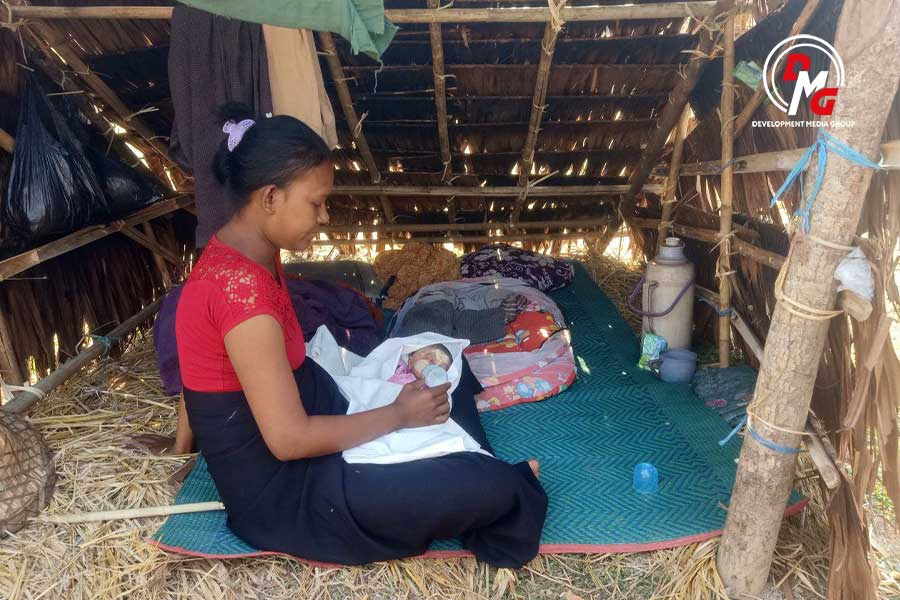
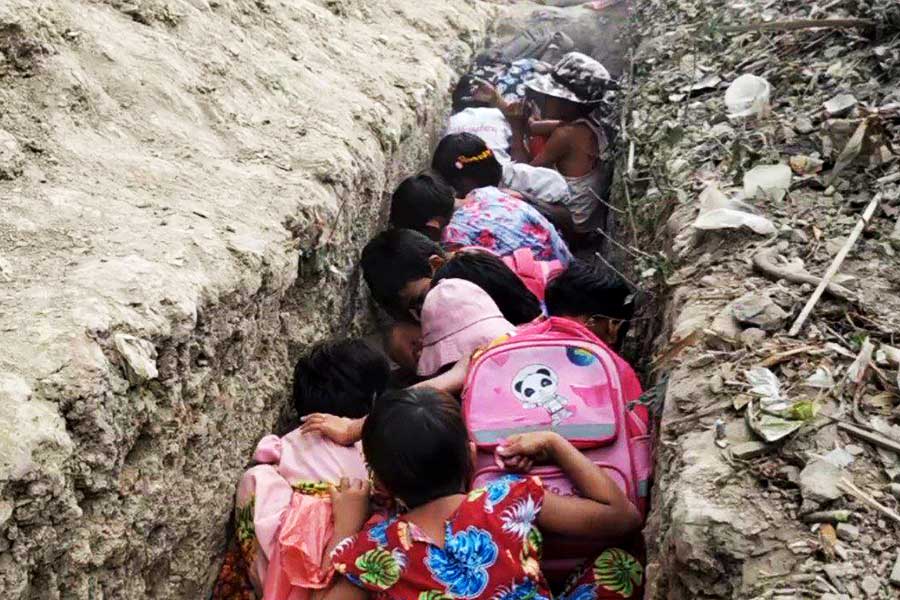
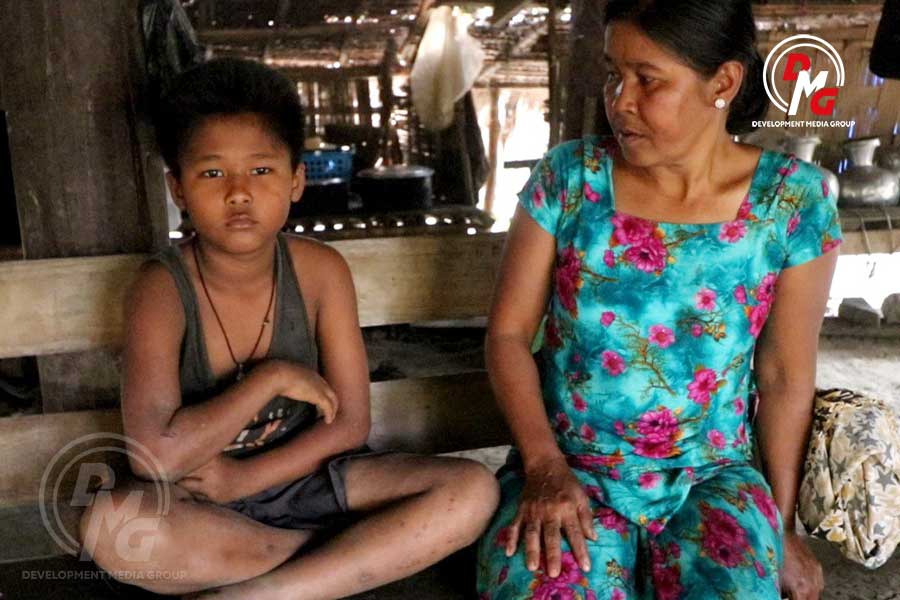
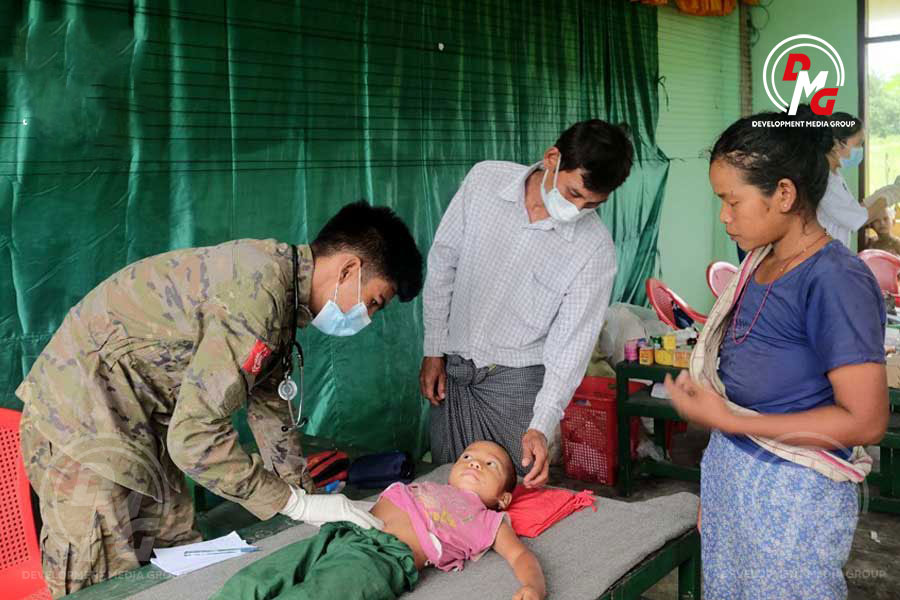
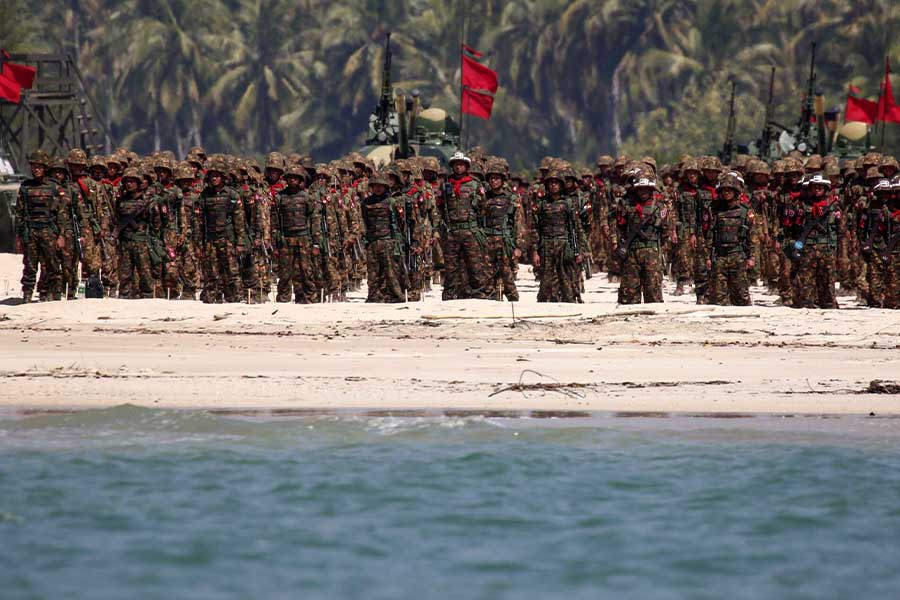








.jpg)